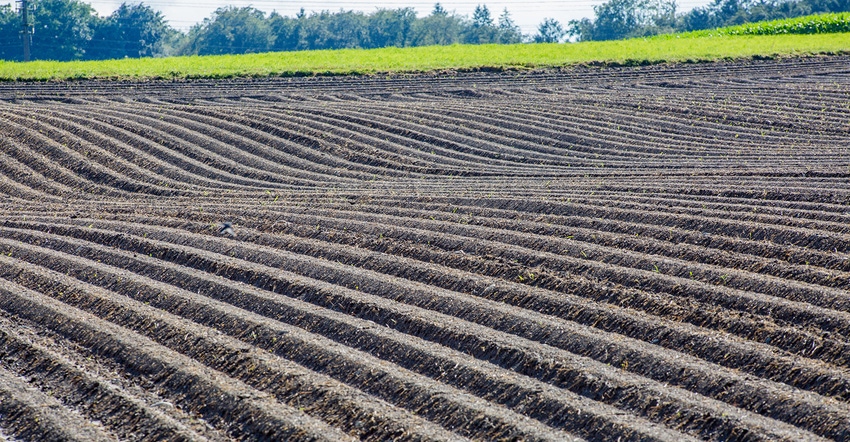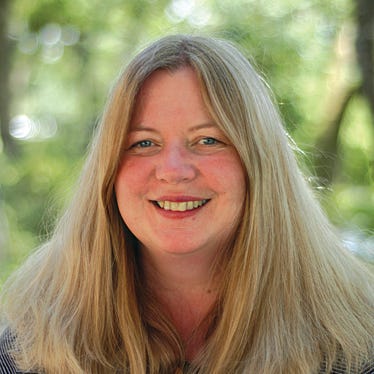
Jim Isermann spoke at the recent Wisconsin Corn/Soy Expo in Wisconsin Dells about expanding the Soil Health Partnership and Wisconsin's participation in the national soil initiative. Isermann, who farms with his family in Streetor, Ill., has been field manager of the Soil Health Partnership since 2015.
He says the Soil Health Partnership wants to expand from the 65 farms currently participating in the program. These farms are primarily in Iowa, Illinois and Indiana. Additional sites are located in Wisconsin, Nebraska, Minnesota, Ohio, Missouri and North Dakota.
"But we are looking to expand that area," he said. "We currently have 65 farms participating in the Midwest, including two farms in Wisconsin. We are looking to get more farms in Wisconsin. Our goal is to have 100 farms in the Midwest this year.
"Having this large data set of farms across the Midwest helps us to be able to look at all the different scenarios — all the different environmental and economic relationships and environments that we have out there,” Isermann explained.
He noted expanding the area will also help the partnership develop best practices for farms across the Midwest.
“The data that can be coming from the Soil Health Partnership is very important, because it can lead farmers to help make those decisions as to what management strategies to follow on their farms and how to do it economically,” he said.
Isermann said as part of the Soil Health Partnership, they have taken 650 soil samples. They look at soil sample assessments and yields and do an economic analysis on each farm.
"We work with the farmer and who they have do their soil samples on their farm," he said. "We have added Ag Solver to do a profitability analysis. When we run a soil health test, we look at soil texture and find out what kind of soil you have on your farm."
Isermann said data collected by the partnership during the past four years should be released this summer.
The new farm sites, when identified, will likely expand beyond the current nine Midwestern states.
The Soil Health Partnership is a farmer-led initiative of the National Corn Growers Association. Isermann said they are working with University of Wisconsin Cooperative Extension, Wisconsin Corn Growers Association, The Nature Conservancy and North Central College in Wisconsin to develop research and practices to improve soil health, benefiting both farmers and the environment.
"Our funding is not coming from government sources," he said. "We have a number of consumer organizations in addition to the Walton Family Foundation and a grant from NRCS [Natural Resources Conservation Service]."
When the program began four years ago, they figured it would be a five-year program, Isermann explained. "Now it is a 10-year program."
Short survey
Does Wisconsin need a conservation tillage/no-till and cover crop conference for farmers?
Please follow this link to complete this four-question survey and help UW-Extension determine the need, timing and topic ideas: tinyurl.com/WIcovercropnotill.
The survey is easy to complete on smartphones, tablets or computers.
About the Author(s)
You May Also Like






